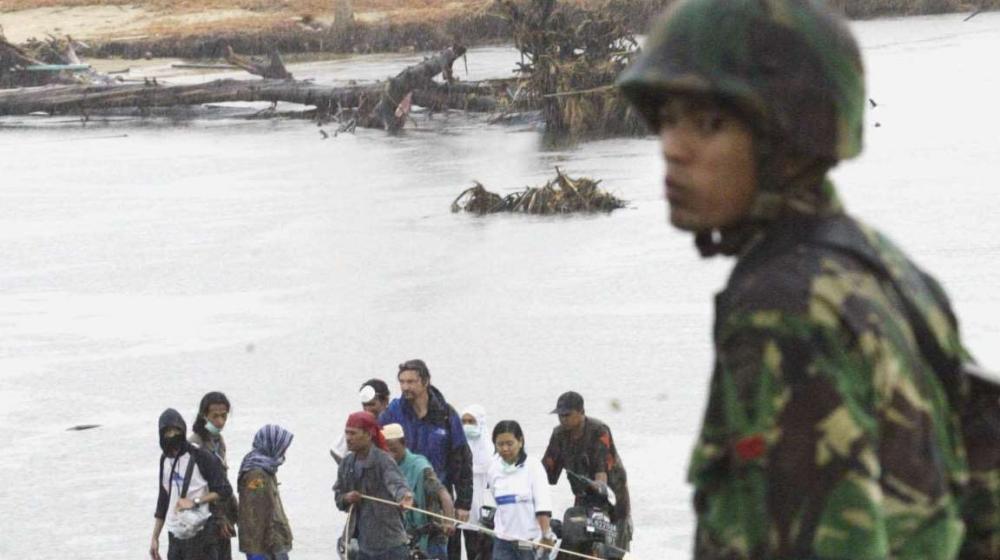Our experts deliver clear insights on how global developments are affecting EU interests. We identify the main geopolitical and security trends and challenges in key regions around the world, and set out what these mean in terms of policy choices for the EU and its member states.





